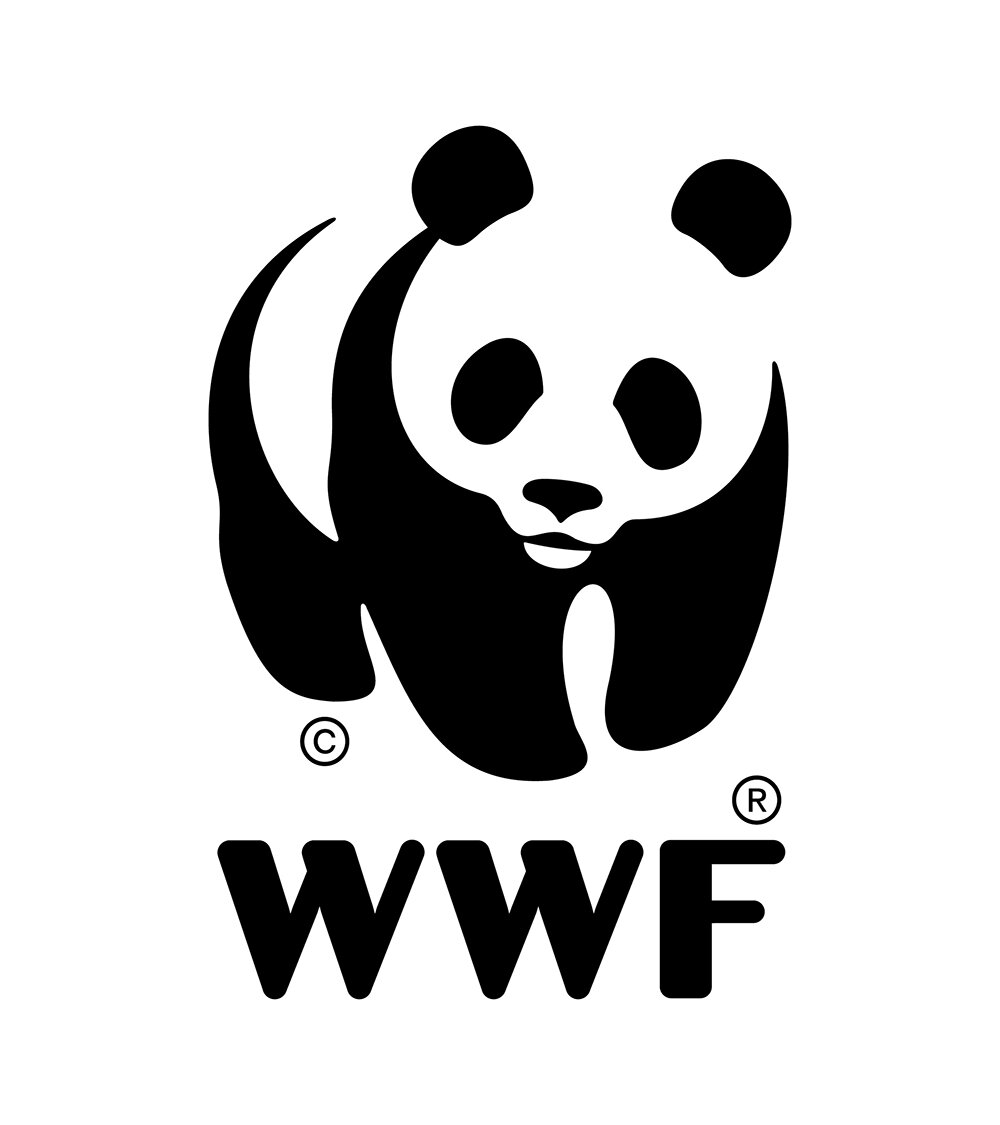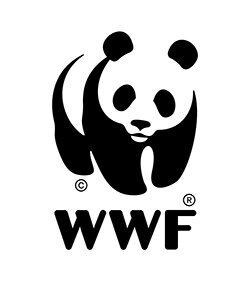Increasing shipping traffic – a growing risk to whales, warns WWF
Blue whale (Balaenoptera musculus) killed by collision with container ship, Sri Lanka. Large wound is most likely the result of a direct strike from the bow of a large commercial vessel traveling in the major shipping lanes just south of Sri Lanka. These shipping lanes run directly through the feeding grounds of blue whales and other cetaceans. Photo taken under permit. © Naturepl.com / Tony Wu
Increasing shipping traffic worldwide poses a serious threat to whales and dolphins, warns two separate WWF reports launched today, on World Ocean Day. Both call for stronger action from governments and industry to urgently reduce shipping impacts to protect marine life.
Shipping has increased by 300% in the past two decades, with some of the world’s busiest shipping lanes overlapping directly with important whale habitat. Where ships and whales share the seas, multiple threats have emerged.
“When ships travel quickly through these areas, there is a high risk of collision, injury and death, as whales are often unable to get out of the ship’s path in time,” says Chris Johnson, Global Lead for WWF’s Whales and Dolphins Initiative.
Ship strikes are one of the leading causes of death for several whale populations around the globe, including many that are already threatened or endangered after decades of whaling. Shipping-generated underwater noise is also causing significant harm. Noise produced by shipping is the leading contributor to ocean noise pollution worldwide, with growing evidence that human-made noise is negatively impacting marine life.
“When ship noise is present persistently or continuously and at high levels, it can displace whales and dolphins from important habitat, stop them feeding, temporarily or permanently damage their hearing and interfere with their communication. We need to urgently turn down the volume and talk up the solutions for the health of our oceans,” says Johnson.
WWF’s Shipping and underwater noise report profiles 10 global hotspots where shipping-generated underwater noise is having a significant negative impact on whale and dolphin populations, many of which are listed as vulnerable or endangered. Many of these locations have experienced recent growth in ship traffic, with further increases expected in the coming decades.
“From the harbour and grey seals in the North Sea to the critically endangered Baltic Sea harbour porpoise and the globally vulnerable fin whales in the North West Mediterranean, marine species are under acoustic assault around the world,” says Johnson. “This World Ocean Day is an opportunity to make some noise about turning down the noise from shipping for the health and wellbeing of all marine life.”
The good news is multiple options are available to help reduce the impacts of shipping – outlined in WWF’s Shipping and cetaceans report, a review prepared for policymakers and other key stakeholders. These range from management measures to move shipping traffic away from important habitats, employing permanent or seasonal speed restrictions (of less than 10 knots) and reducing growing underwater noise pollution by encouraging ships to use noise-reduction technologies. Both reports highlight the urgency of these issues and solutions for the upcoming International Maritime Organization meeting of the Marine Environment Protection Committee (MEPC) from June 10-17, 2021.
About the reports
Shipping and underwater noise: a growing risk to marine life worldwide is published by WWF Arctic Programme and WWF Protecting Whales and Dolphins Initiative. The full report can be downloaded here.
Shipping and cetaceans: a review of impacts and mitigation options for policymakers is written by Gianna Minton, Megaptera Marine Conservation, Thomas Folegot, Quiet Oceans, Aurelie Cosandey-Godin, WWF-Canada, Melanie Lancaster, WWF Arctic Programme, Thea Jacob, WWF-France, and Miako Ushio, WWF-Canada. It is published by WWF Canada and WWF Protecting Whales and Dolphins Initiative. The full report can be downloaded here.
Blogs by WWF experts
“With whales and dolphins under acoustic assault from ever increasing shipping traffic, we need to turn down the volume and talk up the solutions for the health of our oceans, WWF Arctic species expert Melanie Lancaster discusses why we need to tackle underwater noise pollution now.
Whales and ships have long shared the seas, but with global shipping traffic on the increase – along with the speed and size of the largest vessels – their worlds are colliding with devastating consequences, WWF experts Aurelie Cosandey-Godin and Théa Jacob discuss the growing impacts on whales and dolphins.
About World Ocean Day
Coordinated and promoted internationally by The Ocean Project since 2002, World Ocean Day is an annual celebration on 8 June as well as a call for ocean conservation action throughout the year. Starting in 2009, World Ocean Day has also been officially recognized by the United Nations. Visit www.worldoceanday.org for a list of events and resources.
About WWF’s Protecting Whales & Dolphins Initiative
For more than 50 years, WWF has collaborated with partners from around the world to safeguard whales and dolphins. Our efforts have resulted in a deeper understanding of these animals and their habitats, new marine protected areas and sanctuaries, and major shifts in policy and practice. WWF’s Protecting Whales & Dolphins Initiative builds on these achievements to safeguard whales and dolphins for future generations. Visit www.wwfwhales.org for the latest news and media resources.



